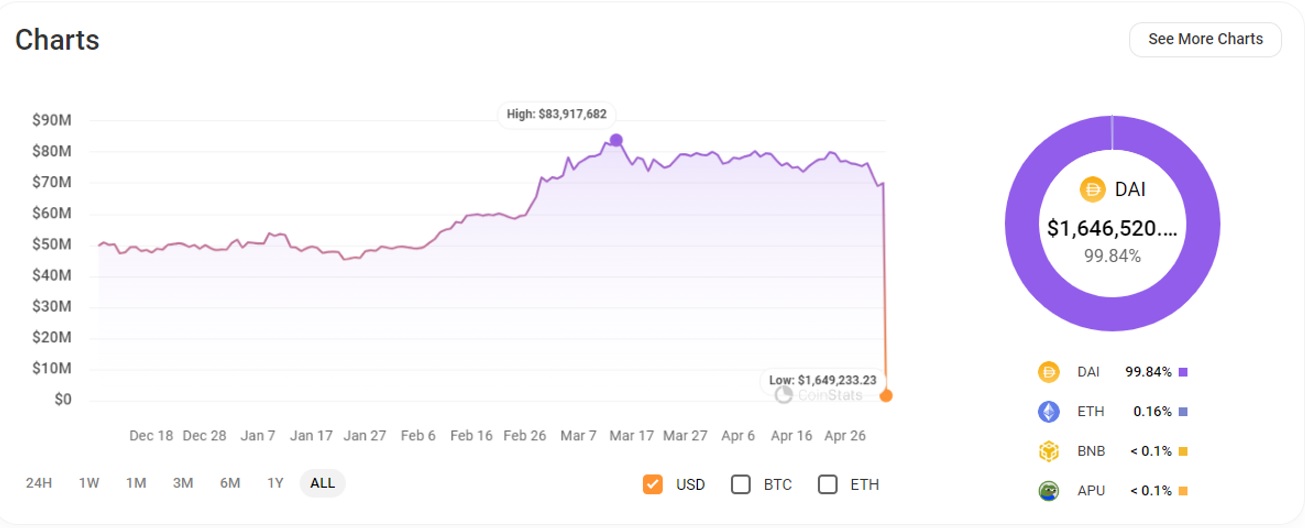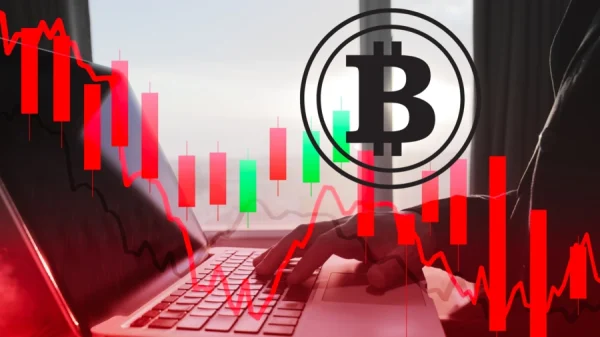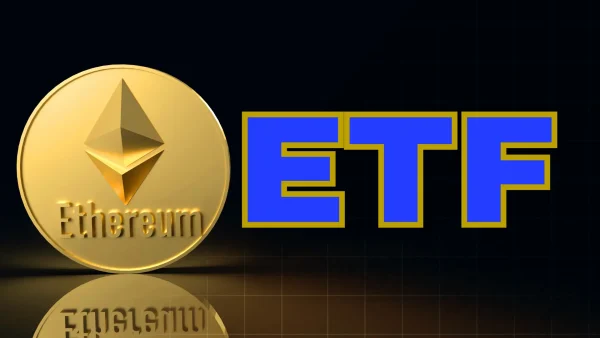$68M Gone in Seconds: How One Trader Fell for a Crypto Scam
A trader recently lost $68 million in Wrapped Bitcoin (WBTC) due to a scam called address poisoning. Crypto address poisoning is a scam involving tricking users into sending cryptocurrencies to addresses that closely resemble legitimate ones. This exploits users' haste or inattention, leading to irreversible transfers to the scammer's account.
The scam was first reported by the on-chain security firm Cyvers in a post on May 3.
“Are we mistaken, or has someone truly lost $68 million worth of $WBTC? Our system has detected another address falling victim to address poisoning, losing 1,155 $WBTC.”
The affected wallet, known as “0x1E,” has lost more than 97% of its total assets, valued at over $67.8 million, according to data from CoinStats.

Address poisoning scams take advantage of traders who are not careful or are in a hurry when making transactions.
Scams drop to historic low of $25 million in April
The crypto industry continues to battle trust issues because of ongoing scams. For instance, in April, the ZKasino gambling platform scam resulted in a loss of at least $33 million in digital assets. Dutch authorities arrested a suspect related to this scam on April 29.
Despite the ZKasino scam, April saw a historically low loss of $25.7 million in cryptocurrencies due to scams and hacks. This figure is the lowest since 2021, reported by the on-chain intelligence firm CertiK. The report suggests that the reduction in losses is mainly because there were fewer private key leaks in April—only three, compared to eleven in March.
However, CertiK’s report does not count the $33 million lost in the ZKasino scam because the project is still considered controversial and not yet officially labelled a scam. On April 22, ZKasino moved all 10,515 Ether from investors to the Lido staking protocol, raising further concerns. CertiK has indicated that it will update its report if ZKasino is confirmed as a scam.




